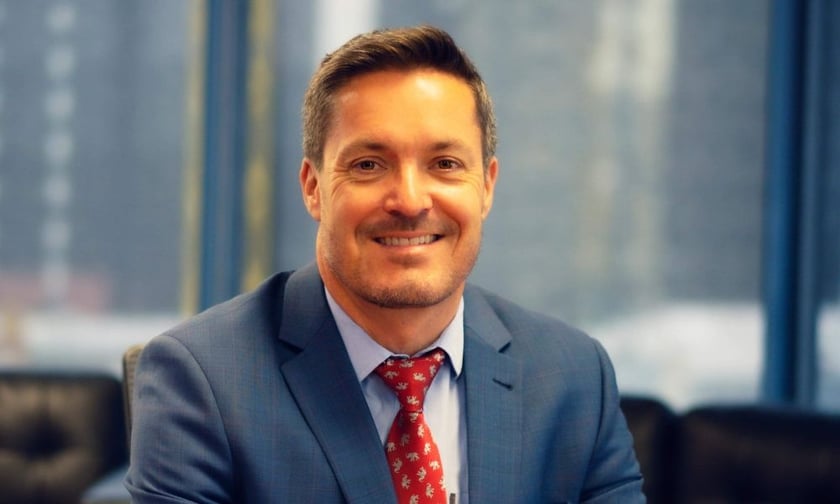

Cover-More New Zealand has emerged from the COVID-19 pandemic relatively unscathed compared to its peers. Here managing director Will Ashcroft (pictured) talks about the insurer’s foresight and what ‘win-win’ situation it is now seeing following one of the toughest times for the travel sector.
Speaking with Insurance Business, Ashcroft said: “The travel industry has been smashed by COVID – not just travel insurance but all our travel partners. We know a lot of insurers had to lose so many staff throughout COVID, which was a tragedy, but then suddenly travel came back, and it didn’t come back slowly.”
The big challenge for most companies, according to the MD, has been around the operational side of things amid the resurgence of travel. In Cover-More NZ’s case, however, the travel insurer didn’t have to scramble when the phones began ringing again all at once.
“A lot of insurers didn’t necessarily have enough staff to manage the deluge of calls that are coming in,” he said. “We’ve got twice as many calls as we ever used to. That’s because customers want to know more about stuff. We love that, but suddenly having to manage that, from an operational perspective, was pretty challenging. And the calls last twice as long as they used to, so twice the amount of calls for twice the amount of time.
“Obviously, it comes through from a customer service perspective first, and then two or three months down the line you get the claims coming in. That was the second challenge that hit us all, but I was lucky that we didn’t need to lose as many staff as others. We did a couple of pivots during COVID, and that meant that I could keep staff on the books. So, when travel came back, we pretty much had a full team.”
While the borders were closed, Cover-More New Zealand’s call centre roster was utilised in helping the Ministry of Health with the rollout of COVID vaccines, among other things. The team also spent time focussing on the firm’s inbound student and inbound healthcare portfolio.
“Since that point, our SLA (service-level agreement) for calls has been very good, and we’ve been consistently managing claims under a seven-day turnaround,” Ashcroft said. “I know that not the whole industry is in the same shape as us, so I’m particularly proud of that side.
“We sat down as a management team and thought, ‘When travel comes back, we need to have the staff because we’re not going to be able to find people’, so we did everything we could to keep the staff and were able to bring back quickly those that we did have to let go.”
Citing good company culture, the business leader said Cover-More NZ had a full operational team “straightaway” to meet the increased demand from travel-deprived policyholders.
The increase in the volume and duration of calls, according to Ashcroft, reflects the change in people’s mindset when it comes to insurance.
“Prior to COVID, customers would just grudge-buy a policy and wouldn’t necessarily know what covered them, or even care,” he said. “Now customers want to know far more information, and I think that change in mindset for customers has actually been quite helpful for us.
“A lot of our policies are distributed through intermediary partners – insurance brokers, airlines – and they’re now much more in tune. They’re like, ‘We need to know exactly what things are covered so we can educate our customers’. They want us to go in and train them, and we want to train them. So, it’s been a bit of a win-win, really. It’s been perfect in that way.”
Aside from having the foresight to keep as many of its people as possible, Cover-More NZ also predicted there would be a need for further education among its partners and their respective clients.
“During COVID, we foresaw this might happen as well, so we set up some really great digital learning management systems so we could actually then train all of our intermediary partners,” Ashcroft said while citing different ways through which the insurer engages its distribution channel.
“[Aside from content], we also have a lot of account managers on the road visiting insurance brokers or travel agents and actually helping them educate and train so they can then train their customers. The more informed customers are about the coverage, then you get less issues at claim time, which is exactly what we want.”
What do you think about this story? Share your thoughts in the comments below.
